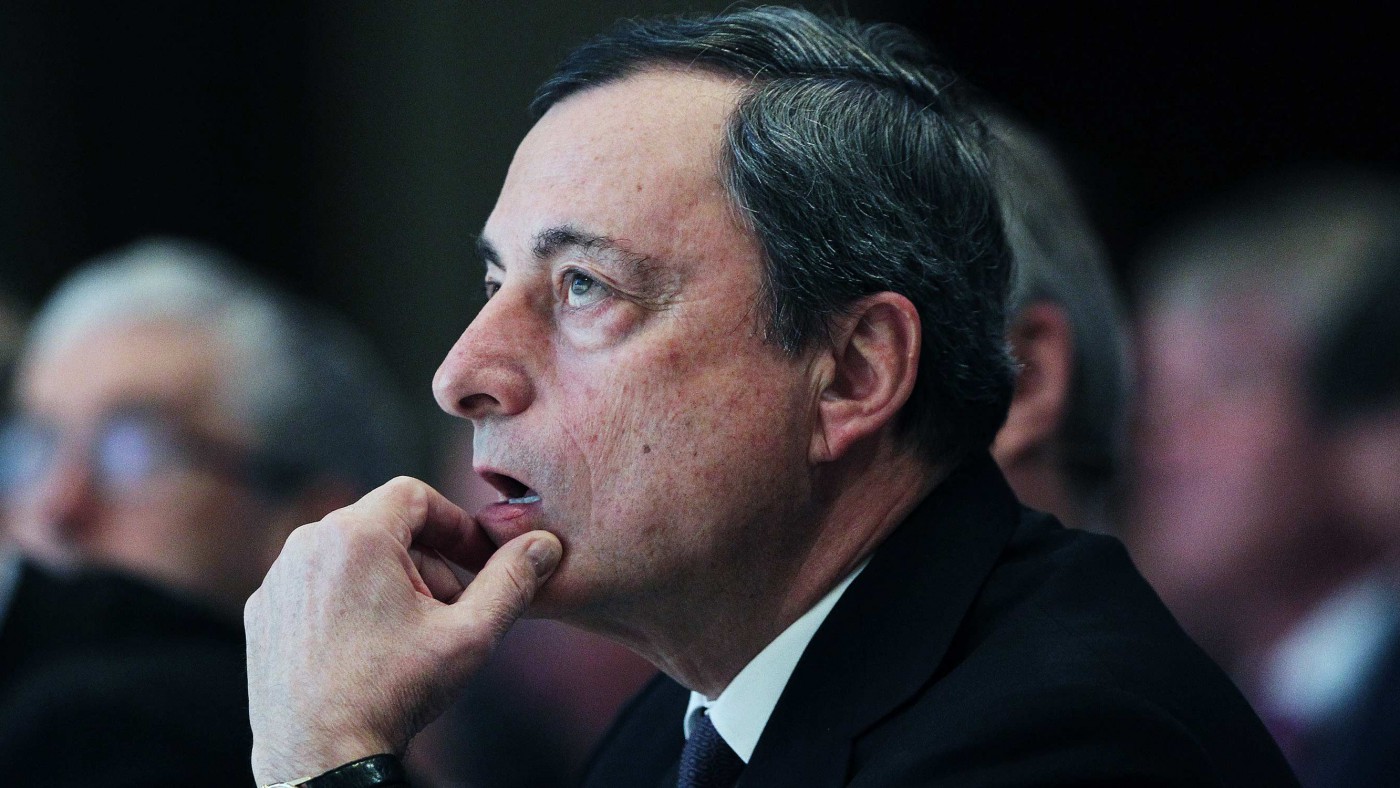Last Thursday, the European Central Bank cut its deposit rate from -0.2% to -0.3% (yes – negative) and announced that its quantitative easing programme would be extended to March 2017 or beyond if necessary (it had previously been scheduled to end in the final quarter of 2016).
Markets regarded this as a surprise – surprising in the sense that they had thought the ECB was going to do more. In particular, some commentators had expected the deposit rate to be cut to -0.4% (i.e. twice as big a cut as actually happened). Even in respect of what it did do, the ECB was not united. The euro strengthened quite markedly when the decision was announced. Partly, that may have been because foreign exchange markets had priced in a larger cut, but it might also have been because the FT accidentally released the wrong pre-prepared story on its website, announcing (wrongly) to the world that the ECB had left rates unchanged. Reuters also made a mistake with its announcement, getting the deposit rate wrong.
Part of the reason markets had thought even more might be done was a series of very doveish statements by Mario Draghi and the ECB’s chief economist Peter Praet in the run-up to the meeting. Praet had described the risk that expectations of future inflation might fall to zero or negative, in an economy where output is already well its potential level, as a “dangerous cocktail”. Draghi himself had said “we will do what we must to raise inflation as quickly as possible”.
Previous public statements by Draghi – in particular on being willing to do whatever it took to defend the euro from collapse and on the need for QE in the Eurozone – had greatly influenced market sentiment and established Draghi’s reputation as both a dove and an effective communicator. On this occasion, however, it appears Draghi may have overplayed his hand. It seems that his doveish remarks in the run-up to the meeting may have been an attempt to force his ECB colleagues into doing more. They declined.
Some were always sceptical about the need for QE in the Eurozone in the first place. Others felt recent deflation is mainly driven by low oil prices which won’t be repeated. Others felt that QE has worked so the job is by-and-large done. Others may have felt that the Eurozone is about to get some extra de facto monetary stimulus anyway, because when the US Federal Reserve finally raises rates (almost certainly this month) the euro will weaken versus the dollar without any need for the ECB to do more.
Nonetheless, when all is said and done the reality is that in the Eurozone monetary policy continues to loosen, just as the Federal Reserve (and, with any luck, the Bank of England as well, within the ECB’s QE extension horizon of March 2017) are tightening. They’d better hope talk of an international downturn soon is overdone.


